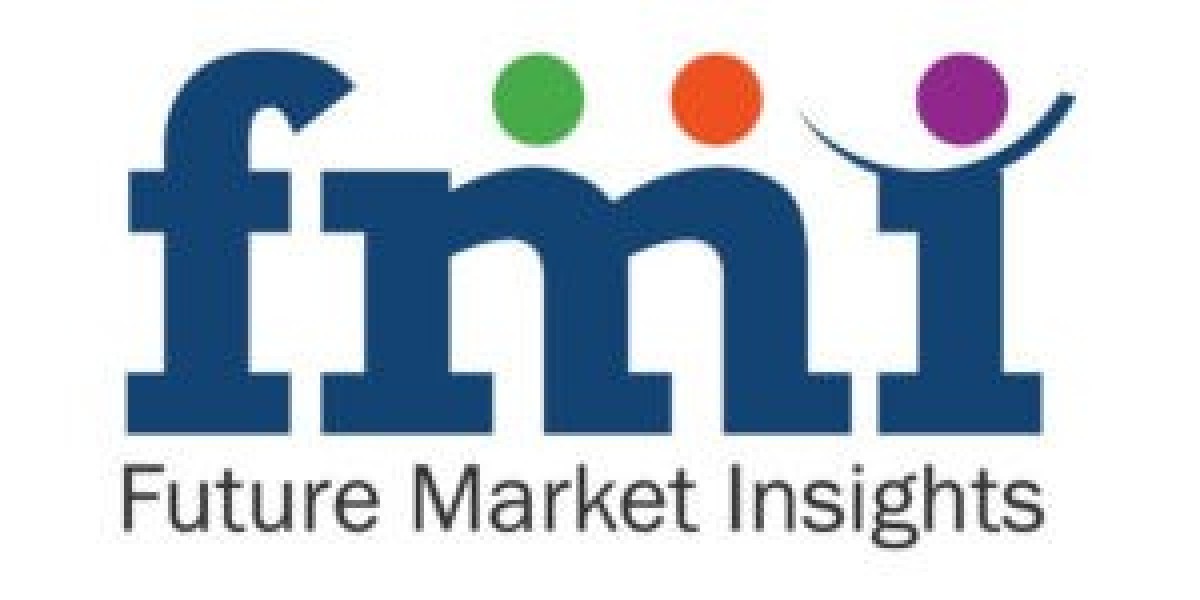It is estimated that the global botanical supplements market will grow from USD 76,059 million in 2025 to USD 97,362 million by 2035, expanding at a CAGR of 2.5%. This steady growth reflects the rising influence of holistic health trends and the increasing integration of botanicals into mainstream functional nutrition. As consumers lean towards natural, plant-based remedies over synthetic alternatives, global manufacturers are diversifying their offerings and investing heavily in science-backed formulations to meet this demand.
Consumer preferences have undergone a significant shift, favoring natural over artificial flavors, largely driven by increasing health awareness. According to Dr. Miguel Florido, Medical Affairs and Scientific Marketing Director at Nektium, botanical extracts are prized for their richness in bioactive compounds like polyphenols, flavonoids, and phytonutrients. These compounds not only support wellness but also enjoy increasing scientific validation for their safety and efficacy. As innovation in supplement formats and flavors continues, the market is further boosted by strong retail availability, branding efforts, and the growing popularity of private-label products. The widespread promotion and application of botanical ingredients will likely play a vital role in sustaining market expansion.
Your Guide to Market Intelligence – Download a Sample Copy: https://www.futuremarketinsights.com/reports/sample/rep-gb-14424
Key Takeaways:
- The global botanical supplements market is forecasted to grow at a CAGR of 2.5% between 2025 and 2035.
- Increasing preference for natural over synthetic ingredients is boosting demand.
- Rising consumer interest in preventive health and clean-label products supports growth.
- Scientific research and innovation in botanical formulations are driving market differentiation.
- Retail expansion and the presence of both branded and private-label supplements are supporting sales worldwide.
Market Dynamics:
Drivers:
- Rising consumer health consciousness and demand for natural wellness products.
- Increasing research supporting the efficacy of botanical ingredients.
- Growth of clean-label, plant-based, and holistic health trends.
- Expanding availability across e-commerce and retail platforms.
Restraints:
- Limited awareness in developing economies.
- Regulatory complexity across regions.
- Supply chain variability of plant-based raw materials.
Opportunities:
- Innovations in delivery formats such as gummies, beverages, and effervescent tablets.
- Potential in emerging markets with rising disposable incomes.
- Collaborations between research institutions and supplement brands to validate botanical benefits.
Recent Developments in the Market:
- April 2025: Nature’s Way launched a new line of adaptogenic botanical supplements tailored for stress and sleep support.
- February 2025: Himalaya Wellness introduced a reformulated herbal supplement range with enhanced bioavailability.
- January 2025: NOW Foods announced expansion of its clean-label botanical supplements in the Asia-Pacific region.
- Companies like Gaia Herbs, Herbalife, and GNC have increasingly focused on traceability and scientific validation to gain consumer trust.
Key Benefits for Stakeholders:
- Manufacturers gain from consumer loyalty to plant-based wellness products.
- Retailers benefit from the increasing popularity of botanical formats across shelves and online platforms.
- Researchers and R&D teams are crucial in discovering new botanical compounds and their uses.
- Consumers have greater access to natural supplements that align with personal wellness goals.
Competitive Analysis:
The botanical supplements industry is moderately consolidated, with leading players focusing on vertical integration, proprietary formulations, and clean-label certifications. Major players include Nature’s Way, Himalaya Wellness, Gaia Herbs, NOW Foods, Herbalife Nutrition, GNC, Amway, and Blackmores.
These companies are actively expanding their product lines to include trending herbs such as ashwagandha, turmeric, elderberry, and ginseng. Strong focus is also placed on clinical trials, sustainability, and consumer education to gain market share. Private-label brands continue to grow due to affordability and retailer-driven promotion, especially in North America and Europe.
Market Share Analysis by Company
- The Bountiful Company (Nestlé)
- Glanbia plc
- BASF SE
- Archer Daniels Midland Company
Market Country-wise Analysis
United States
From 2025 to 2035, the U.S. botanical supplements market is projected to grow at a CAGR of 2.3%. While the market is mature and competitive, it maintains traction due to demand for clean-label, preventive health products. Consumers favor botanicals for stress, digestion, and immunity. Regulatory oversight from the FDA supports product safety and transparency, fostering continued trust.
United Kingdom
In the UK, the market is set to grow at a CAGR of 2.6%, supported by a growing population of health-conscious millennials and Gen Z consumers. Demand remains strong for traditional herbs like turmeric and elderberry, often consumed via capsules and functional beverages. The rise of plant-based lifestyles is further stimulating interest in botanical supplements.
European Union
The EU botanical supplements market is expected to expand at a CAGR of 2.7%. Germany, France, and Italy dominate the regional market, with products like herbal teas and tinctures driving sales. The region benefits from established traditions in herbal medicine and harmonized regulations, ensuring consistent product standards.
Japan
Japan’s botanical supplements market is projected to grow at a CAGR of 2.4%. The country’s heritage in Kampo (herbal medicine) and an aging population interested in natural health options drive demand. However, competition from functional foods poses a challenge to standalone supplements.
South Korea
The South Korean market is forecasted to grow at the fastest rate among key countries, with a CAGR of 2.8%. High interest in traditional oriental medicine, immunity boosters, and K-wellness trends fuels market growth. Consumers value scientific validation and multifunctional benefits, spurring innovation in beauty and health supplements.
Access the Complete Report – https://www.futuremarketinsights.com/reports/botanical-supplements-market






